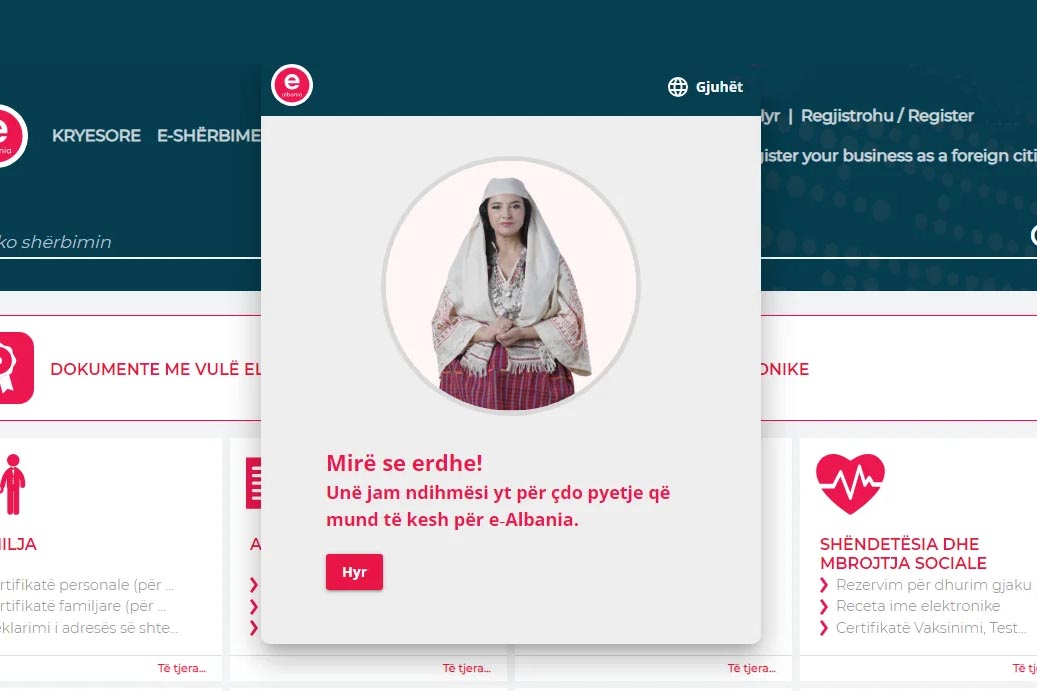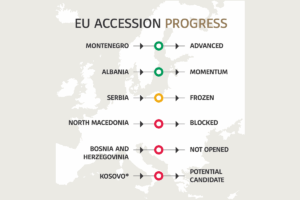In a world first, Albania has appointed an artificial intelligence system to ministerial rank. Prime Minister Edi Rama announced that “Diella,” a digital assistant developed for the government’s e-Albania platform, will now oversee all public procurement processes. The aim is stark and ambitious: to make tenders “100% free of corruption.”
Diella, launched earlier this year to help citizens navigate bureaucracy, has now been given the weight of a cabinet portfolio. Its algorithms will screen contracts, monitor compliance, and flag irregularities in real time. Rama argued that only technology could bring the level of transparency needed to restore public trust in the system.
The move has sparked international headlines and domestic debate. Supporters hail it as a groundbreaking step in governance innovation, while critics warn that giving a non-human entity ministerial authority may be legally and ethically shaky. The opposition in Tirana has already branded the appointment unconstitutional, raising concerns over accountability and oversight.
For Albania, which has long battled perceptions of graft, the experiment represents a radical wager: that AI can succeed where human institutions have faltered. Whether Diella will set a precedent for the region—or remain a political curiosity—will depend on its ability to deliver fairer, cleaner governance in one of Europe’s most corruption-prone sectors.







